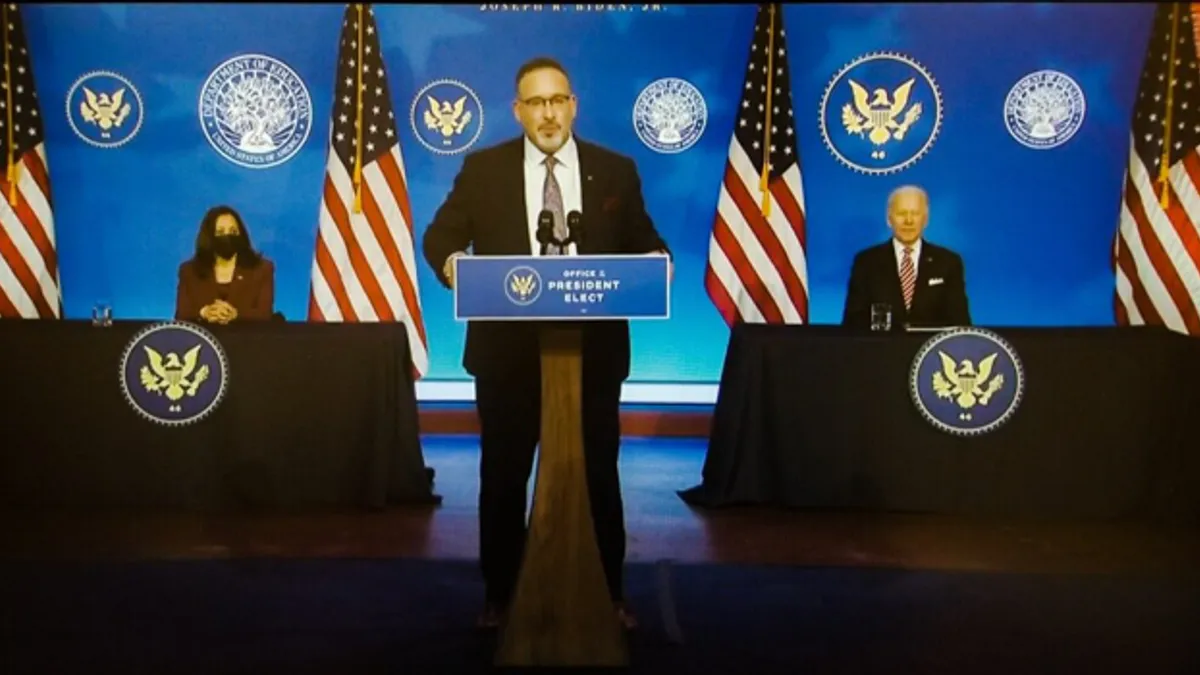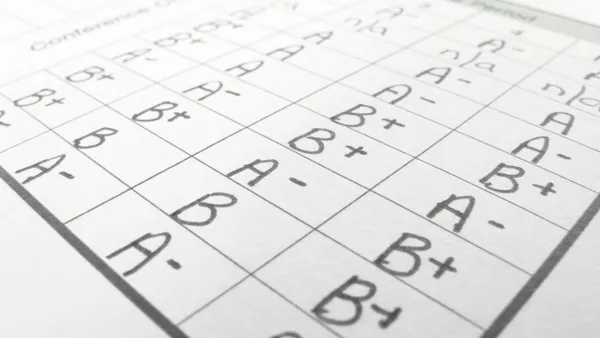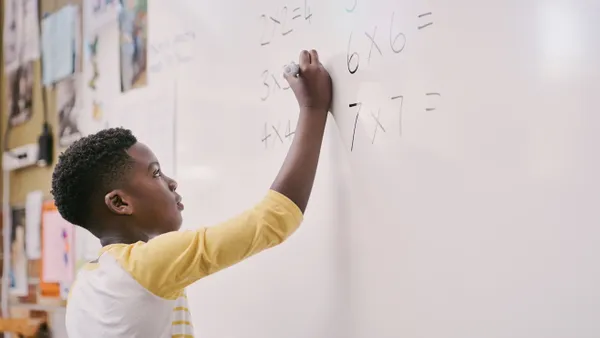While the purpose and effectiveness of standardized testing was a hot topic prior to the coronavirus pandemic, the debate has gathered more steam in the wake of school closures and predicted learning loss for students.
When schools closed in March 2020, former U.S. Secretary of Education Betsy DeVos issued blanket waivers for federal standardized testing and accountability in the 2019-20 school year. However, for 2020-21, DeVos made clear she expected states to resume testing with some flexibilities in accountability, despite early hopes the department would continue to waive assessments.
Still, states like New York, Georgia and others are leaning toward asking the federal government to cancel state testing.
Under President Joe Biden, who nominated Miguel Cardona as secretary of education, that issue could be revisited. Testing and potential flexibilities provided to states will be among the early decisions the new team at the U.S. Department of Education will have to address, and many are waiting in anticipation to see whether Cardona will grant additional waivers.
Cardona can issue waivers, but will he?
Under Title I, Cardona can issue waivers with some limitations, said Laura Jimenez, director of standards and accountability at Center for American Progress. "You know that is true because the previous secretary did so in the spring," Jimenez said.
But the Biden administration's education transition team includes many pro-test advocates, and Cardona seems "pro-data," said Juan D'Brot, senior associate at the Center for Assessment, in an email to K-12 Dive.
"I’d be very surprised if the new administration granted blanket waivers like last year unless pandemic conditions get dramatically worse," added Scott Marion, executive director at the Center for Assessment, in an email. The center offers assessment and accountability consulting for state and district education leaders.
Noelle Ellerson Ng, associate executive director of policy and advocacy for AASA, The Schools Superintendents Association, also said in an email that blanket emergency waivers "are unlikely."
"There’s been nearly a year to plan for what testing should look like," said Jimenez.
Alternatives to blanket waivers
While Cardona could issue waivers, there are disagreements over whether he should.
Test advocates say testing this year will collect much-needed data on student performance and learning loss caused by the pandemic, as well as identify which students are not showing up to test.
"We can’t fly blind," said Robin Lake, director of the Center on Reinventing Public Education, adding assessment data is more important than ever.
Other education experts echoed this sentiment, and some added data is also necessary to measure progress in the future.
On the other hand, opponents say testing this year will only add to students' and educators' stress and detract from much-needed class work and a positive school culture.
Lorrie Shepard, an education professor at the University of Colorado Boulder, told K-12 Dive in an email that "state-level trend data will not be accurate enough to justify the stress and unfairness for students and teachers. ... State tests take a week to administer and aren’t good for responding to the learning needs of individual children."
Overall, while assessments may be carried out to some extent, education experts say they should be detangled from their high stakes for a variety of reasons, including remote testing challenges.
"I think that the administration can provide flexibility for low-stakes answers to two questions: First, who can you measure fairly and accurately, and [second], how does that compare to two years ago?" said Andrew Ho, a professor at the Harvard Graduate School of Education who previously served on the National Assessment Governing Board until October 2020.
"We remain optimistic the Biden administration will incorporate narrow, time-limited waivers on assessment and accountability as it relates to their COVID plan and schools," Ellerson Ng added. "The idea that assessment can and should operate ‘business as usual’ when schools are operating as anything but is shortsighted, ill-informed, and to what end?"
Correction: A previous version of this article misstated Andrew Ho's status as a member of the National Assessment Governing Board. His second and final term ended in October 2020.








 Dive Awards
Dive Awards




